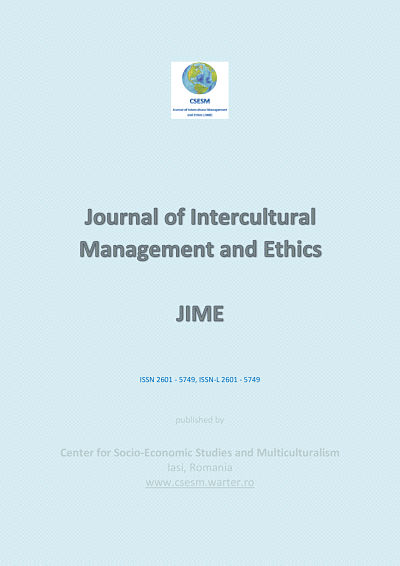Pandemics & Culture: Could Historical Pathogenic Prevalence Reinforce Collectivism?
Pandemics & Culture: Could Historical Pathogenic Prevalence Reinforce Collectivism?
Author(s): Paulo FinurasSubject(s): Supranational / Global Economy, Business Economy / Management, Sociology
Published by: Center for Socio-Economic Studies and Multiculturalism
Keywords: Behavioral immune system; cultural values; collectivism and individualism; group immunity; infectious diseases; pathogen prevalence; selective pressures
Summary/Abstract: In this paper I will show that pathogenic transmission stress is one of the most important foundations for collectivism cultural values and has always been used to reinforce groups closure and collectivism feelings as a protection mechanism. The main reason is because same selection pressures on the social behavior of host populations are imposed by pathogenic diseases threats. As a consequence, in human societies several psychological aspects seem to be used as strategic antipathogen defense with deep effects on cultural differences, namely in human perception, behavior and cultural values in face of the prevalence of pathogens in the local environment. Some researchers suggest that several specific behaviors of collectivist cultural values, like preference to ingroup belonging, ethnocentrism, conformity and loyalty to the ingroup can be used to inhibit the transmission of pathogens. This assumption posits that collectivism preferences will probably distinguish more often cultures in regions that from a historical point of view had higher prevalence of pathogens. This could mean that diseases and pathogenic stress and pressures are part of the variable nature of national cultures.
Journal: Journal of Intercultural Management and Ethics
- Issue Year: 3/2020
- Issue No: 2
- Page Range: 41-49
- Page Count: 9
- Language: English

